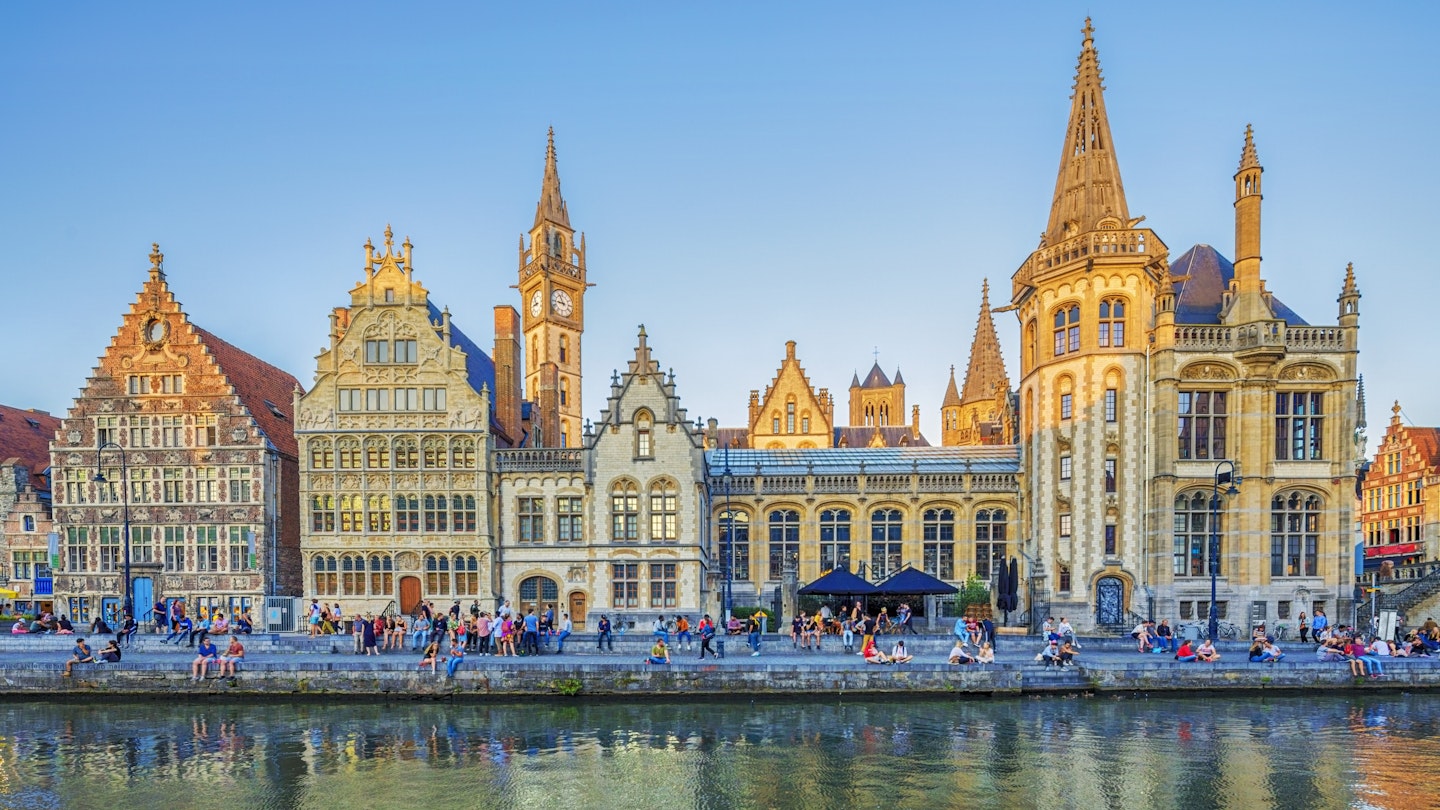11 Cultural Quirks and Travel Tips for Belgium
Belgium is petite. Fall asleep on a Paris to Amsterdam train and you could miss it altogether – well, maybe if you’re a heavy sleeper. However, within this fascinating land lie some of Europe’s great medieval cities, including Bruges, Ghent, and Antwerp, along with the EU capital, Brussels, and a striking linguistic diversity with three national languages.
Fabulous chocolate, brilliant beers, and baffling bureaucracy are integral to the culture in a place with a surprising range of quirks worth knowing before your visit. Therefore, let’s explore some important tips for navigating and enjoying this unique country.
1. Local Menus Probably Won’t Include Brussels Sprouts
It might surprise you, but Brussels sprouts don’t dominate Belgian menus as one might expect from their name. Although these sprouts were first cultivated in 13th-century Flanders, the quintessential Belgian vegetable is actually endives. Known as witloof in Dutch and chicons in Belgian French, the classic preparation wraps them in ham and covers them with white sauce. Sadly, interest in this labor-intensive farming has waned, putting the vegetable’s future at risk.

2. Expect to Pay for Water but Not for Tips
Belgium boasts high public health standards, and despite occasional scares, most tap water is safe to drink. However, don’t expect to get eau du robinet for free in restaurants. Although eateries provide complimentary bread and tipping is optional, you must often pay for bottled mineral water, making it sometimes cheaper to order a beer.
3. Carry Coins: Bathroom Access May Cost You
Despite the decreasing use of cash, it’s wise to carry some euro coins for public restroom access, as those facilities often require a fee. Unfortunately, many motorway service areas still charge to use their toilets, and some larger restaurants do as well.

4. Cash Payments Are Rounded to the Nearest €0.05
While €0.01 and €0.02 coins are still technically legal tender in Belgium, in practice, most merchants round cash payments to the nearest €0.05, simplifying transactions significantly.
5. ATMs Can Be Hard to Locate
As cash usage declines, finding ATMs is becoming trickier, particularly after numerous robberies prompted banks to limit access. To withdraw cash, look for branches of Bancontact, which feature “bank-neutral” cash machines.
6. Eat Frites, Not French Fries
While some may associate mayonnaise with fries from a well-known movie, this delightful tradition is especially prevalent in Belgium. When ordering frites from a local frituur (fry shop), choose from an array of flavored mayo-based sauces. However, remember to avoid calling them “French fries”; this culinary pride is distinctly Belgian.

7. Cafes Are More About Beer Than Coffee
Belgium certainly embraces the trend of artisanal coffee, with numerous skilled baristas and urban roasteries opening up. Nonetheless, traditional Belgian cafes resemble pubs more than coffee houses, focusing primarily on beer rather than caffeine beverages.
8. Drink Driving Is Not Acceptable
If someone in a Belgian café inquires, “Are you Bob?” don’t be alarmed; “Bob” refers to the designated driver in the group. Drinking and driving have become serious offenses in Belgium, with strict regulations akin to those found throughout Europe.
9. When in Doubt, Speak English
Navigating Belgium’s multilingual environment can be confusing. Although you should ideally respect local languages, in many urban areas, English will likely be your best option to avoid misunderstandings.

10. Understanding Language Nuances
Wallonia, Belgium’s French-speaking region, has its own unique dialect. Therefore, if you speak French, familiarize yourself with local terms like “septante” for 70 and “nonante” for 90. However, do not confuse this with Walloon, which is a different language entirely.
11. Road Signs Can Be Confusing
The language divides can complicate travel, particularly when driving. Many towns have distinct Flemish and Francophone names, leading to potential confusion on regional road signs. It’s advisable to be aware of both versions to navigate more easily.
This article serves as a cultural guide for travelers looking to understand the surprising quirks of Belgium, ensuring a more enjoyable and respectful experience in this delightful country.





